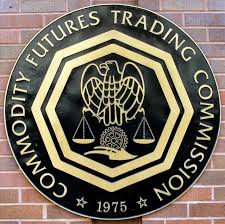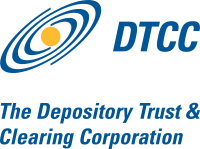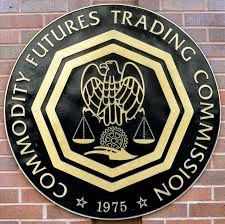
Lingering questions into the proper regulation of swaps and Forex transactions have revealed stark vulnerabilities in the oversight of these instruments, leading to speculation that regulatory changes may be on the horizon from organizations such as the Commodity Futures Trading Commission (CFTC).
These feelings were underscored during last week’s release of a detailed questionnaire by the CFTC, seeking clarification on the proper implementation of swap-data reporting under the Dodd-Frank Act rules – the commission hopes to use this feedback to ultimately propose and foster changes for regulators to supervise the swaps market.
CFTC Fortifying Compliance on Multiple Fronts
Indeed, the US regulator has been involved in a number of actions and charges lately, specifically in clamping down on fraudulent forex transactions and other violations. However, the organization has recently cited an inability to fully grapple the oversight of swaps-market data, necessitating a complete overhaul and change in the way financial information and reporting methods are conducted, organizations such as the Depository Trust & Clearing Corp. (DTCC), CME Group Inc., among others.

According to Marisol Collazo, Chief Executive Officer of DTCC’s data repository in a statement on the request, “The DTCC is reviewing the agency’s request for comment and looks forward to continue working with the CFTC to support regulatory and industry efforts to enhance transparency.”
The DTCC is another US regulator whose paramount duty is the regulation and provision of clearing and settlement services across numerous asset classes, including equities, securities and OTC derivatives. CME Group is also an interesting case, given its status as one of the world’s largest derivatives and swaps exchanges – recently the group has aggressively pushed for a comprehensive FX swaps offering as well.
Forex Chatrooms Continue to Draw Ire of Regulators
With regards to the institutional forex realm, regulatory changes also appear to be in the works for the $5.3 trillion-a-day market. To date, a plethora of global regulators have launched probes into the operations of Forex Trading and the potential manipulation of currency rates. Back in October, the Financial Conduct Authority (FCA) launched its own investigation, though noted that it would be unlikely to issue a verdict this year on its findings.

Martin Wheatley
Chief Executive Officer of the FCA
“There should have been controls over bank employees that conduct trades and are allowed to submit rates. It’s incredible that a bank should not know that traders having unmonitored access to private chat rooms to talk to a bunch of mates that they’ve had relationships with or worked with over the years. The surprise for me is that the banks did not check, did not do their homework, and look at how chat rooms were being used,” noted Martin Wheatley, Chief Executive Officer of the FCA in an interview with Bloomberg.
It is thus far unclear how many regulators will choose to tackle this issue. Numerous violations and accusations of collusion have stemmed from the use of private chat rooms, which facilitate outright collusion given the propensity to exchange such sensitive information. With new accusations seemingly being reported every week against banks and traders, the chances for stricter methods of oversight seem high.


















